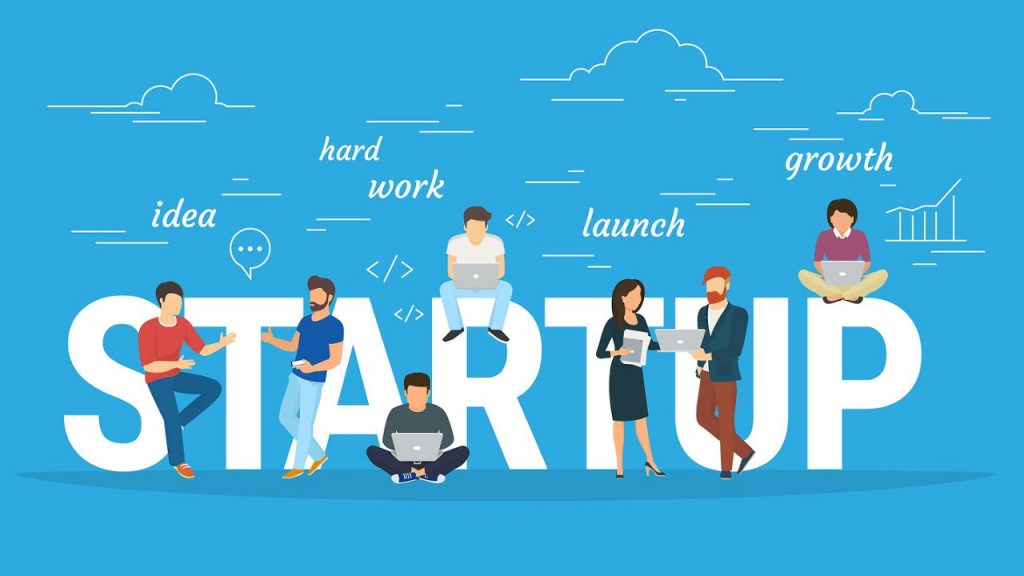
The rights granted to people over their mental works are known as intellectual property rights, according to the World Trade Organization. Typically, they grant the inventor a time-limited, exclusive right to utilise his or her creation. In the current international trading environment, this has been a significant income generator. The Agreement on Trade Related Aspects of Intellectual Property Rights is a prominent piece of intellectual property law in India (TRIPS). India’s dispute resolution processes and laws comply with TRIPS.
Think about taking a step to safeguard your ground-breaking business concept or technology invention. if one is interested in keeping the business’s core, or its concept, safe. Some people relate this concept to businesses in the creative or literary industries. Intellectual property rights, however, truly include a wide range of fields, including designs, trade secrets, copyrights, patents, inventions, and trademarks that identify goods or services.
The key features of IP rights for any business are:
1. Intellectual property is not owned solely by one owner but rather by a group of people or a company. It may be transferred or sold.
2. It is possible to stop competition. Trade secrets are better protected. Trade secrets have no boundaries and can last for the duration of an organization’s existence.
3. It makes sure that the company or the people who own the intellectual property have a competitive advantage. It offers people incentives to make new inventions.
4. It acknowledges the innovators and creators. ensuring financial compensation for intellectual property.
5. It guarantees that authentic and unique products are readily available.
In particular for start-up businesses, the concept of intellectual property protection is crucial. A startup undoubtedly sets the path for the production of intellectual property because some business types (like manufacturing) require inventiveness. A startup may carve out a place for itself in the market by owning it. Additionally, a product or service with a distinctive selling proposition can be considered intellectual property (USP). This aids in building a business entity that is both sustainable and distinguishable.
In India, awareness of intellectual property and its rights is growing. People also want advice and information to choose the sort of protection and the way to be utilised for it, in addition to the concepts’ items. In a similar vein, several challenges are encountered.
- There is uncertainty about the type of protection to choose for the concept or the product. Ideas and products can both take many forms. A specific product design may be protected by a trademark, copyright, or design. To secure the owners’ rights, it is crucial to choose the suitable form of protection. A professional’s advice in this area will enable you to make the most of the thought that went into the design of the shape.
- Lack of research prior to the introduction of concepts or products: Conducting business without research could be risky. Since intellectual property rights are personal in nature, they offer monopolistic forms of protection. When applying for a patent, one must conduct prior art research because otherwise, the effort and money invested in an invention that has previously been produced are useless. An online database search can be useful in trademark cases. What should be developed, though, would also depend on earlier study.
- Lack of secrecy before the launch: It’s crucial to maintain secret when a concept or product is being developed. Intellectual property rights are founded on a priority system. Losing the same could be detrimental to the company’s success.
- Obtaining venture capital investment: One of the issues that any start-up would experience is a lack of funding. For a startup, intellectual property is frequently its most valuable asset. To get venture capital funding or stop unfair competition, you must protect them.
A businessman may feel that intellectual property is distracting, expensive, and incompatible with the objectives of bringing a product to market given all these challenges. Here is a list of 10 crucial tactics that a company can use in light of all these difficulties:
1.One of the biggest pitfalls for every startup is when a founder works on a new idea while already being employed by another company. Employers should therefore keep their labour separate from the novel concept.
2. One should not permit anyone else to assert ownership of the business or any intellectual property.
3. The founders’ responsibilities and functions must only be established at the beginning.
4. The business’s overarching objectives and vision must be chosen. This would also aid in determining the founders’ profit-sharing ratios.
5. Informal or hazy agreements that are not thoroughly documented could be hazardous to a company. One must maintain track of equality and the source of ideas.
Startups have been known to neglect protecting their intellectual property early on in the development process since they are so focused on creating the product or idea. Additionally, they could not have the necessary funds for intellectual property protection. The Government of India has offered its assistance to this goal in order to encourage startup companies to adopt and become aware of intellectual property rights. Through the expedited processing of patent and trademark applications, the government has aided in the protection and commercialization of services. Additionally, incentives are given to individuals who submit applications.
